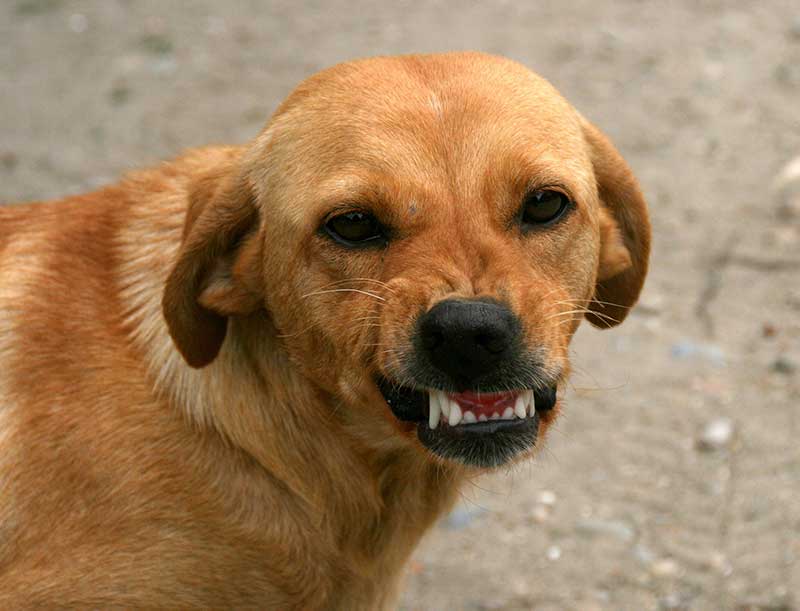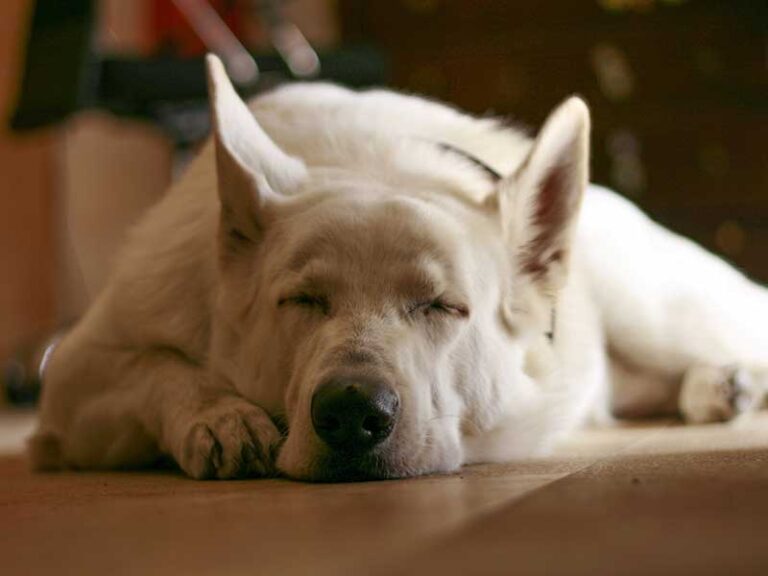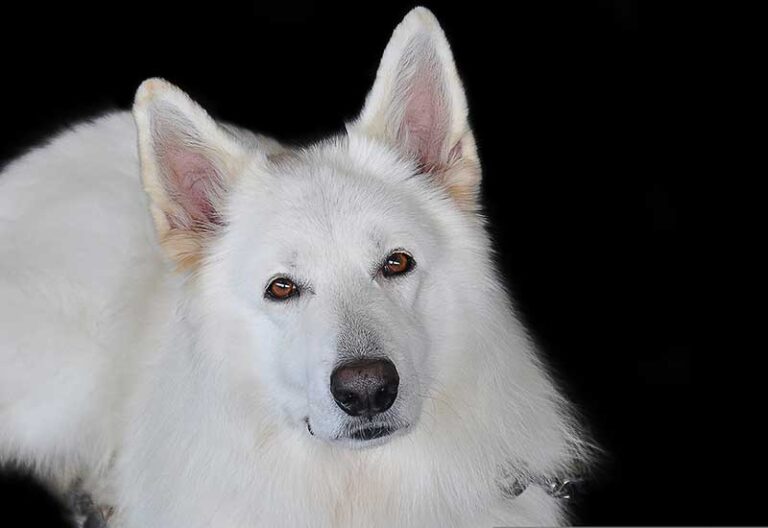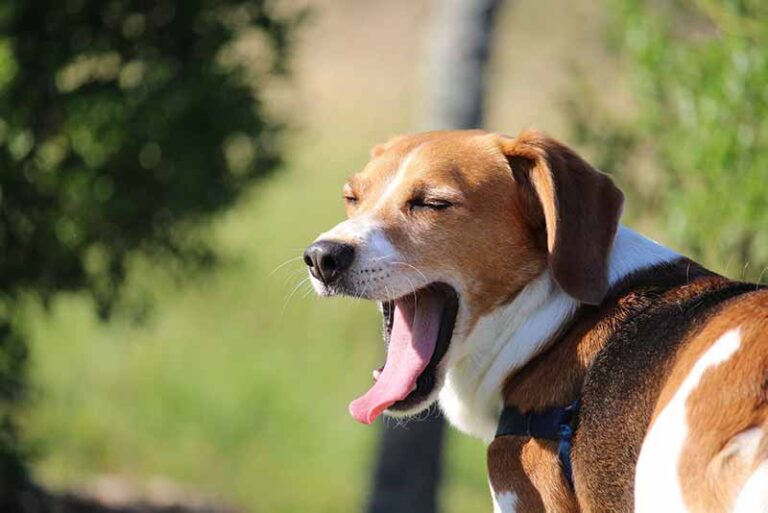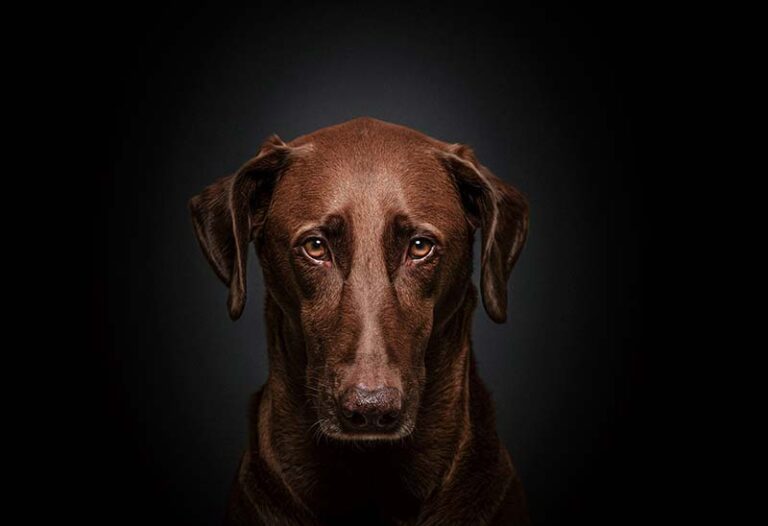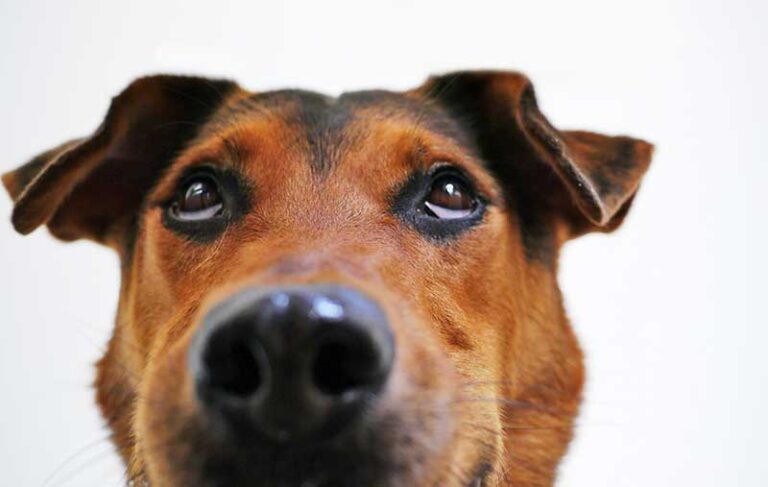Why Do Dogs’ Teeth Chatter? Unveiled Chattering Truth
Think of situations that make your teeth chatter. It may happen if the temperature is too low, you experience a cold, or you feel stressed, anxious, or maybe panicked. Teeth chattering is a common occurrence among dogs as well. What makes dogs’ teeth chatter? Are the reasons the same as ours? This article will provide you with answers.
Why do dogs’ teeth chatter? Several reasons could make your dogs’ teeth chatter. Some common reasons are cold temperatures, dental issues, anxiety, stress, seizures, and inflamed muscles. What makes your dog’s teeth chatter could be a minor cause. Still, it is essential to address it soon because taking time to address it will likely have negative consequences if it is something critical.
When your dog indicates unusual behavior, it could undoubtedly bother you. If your dog’s teeth chatter, you might wonder what causes this condition. The first thing that comes to your mind could be that the dog has a cold which is a possible reason for teeth chattering.
However, you should be aware that several other reasons can make your dog’s teeth chatter other than the cold. To understand all such causes keep reading this article.
Why do dogs’ teeth chattering?
Seeing your dog’s teeth chattering on a chilly evening is usual. Cold is the most common reason that makes your dog’s teeth chatter. When the temperature is too low, dogs find it uncomfortable to bear, and their bodies try to maintain warmth.
Chattering is a spontaneous occurrence that happens under shallow temperatures; it helps the dog to cope with the cold. Dogs have their coat and paws made in a way that supports them to handle the cold.
However, you might know that the physical features of dogs significantly differ from one breed to the other. When it comes to small dog breeds with tiny bodies, they find it particularly hard to cope with the cold temperatures.
So small dogs are the ones who are more prone to teeth chattering during cold weather. Nonetheless, large dogs also face this condition.
Although the temperature is the primary reason for teeth chattering in dogs, other factors could also function as root causes. For instance, if your dog is mentally stressed or feeling anxious, scared, panicked, or even excited, that could make its teeth chatter.
Apart from such mental conditions, some physical illnesses also become a reason behind teeth chattering. Suppose your dog is dealing with oral pain, epilepsy, periodontal disease, or neurological concerns. In that case, they also make the dog’s teeth chatter.
So the bottom line is cold is not the only reason that makes dogs’ teeth chatter. If your dog is experiencing teeth chattering during winter, that is probably how the dog copes with the cold. However, teeth chattering is also caused by several other reasons.
Older dog teeth chattering
There are more chances where you can see teeth chattering in senior dogs. As dogs grow older, their physiques weaken, which is natural for any living being.
Teeth chattering in older dogs could be harmless; however, you cannot simply ignore it. If your senior dog is experiencing teeth chattering due to some physical illness, it could be painful to the dog, and leaving it untreated will create severe consequences.
Sudden teeth chattering in dogs
Sudden teeth chattering can be caused primarily by the physical and emotional conditions that your dog experience. Like humans, dogs are also emotional creatures, so they feel joy, sadness, anger, excitement, nervousness, and so forth.
Dogs express these emotions through gestures and body language. Suppose your dog is overly joyful or excited about something, possibly leading to sudden teeth chattering.
Moreover, dogs can have fears and phobias for specific things; if that is the case, stress, nervousness, and anxiety are also signified by sudden teeth chattering. Sometimes physical pain also causes sudden teeth chattering in dogs.
Why do dogs’ teeth chatter but not cold?
If you read up to this point now, you might clearly understand the reasons behind dogs’ teeth chattering. Teeth chattering can be caused by normal reasons that will not harm your pet, but the causes aren’t always mild.
Sometimes chattering can also be a result of something severe. Seeing your dog’s teeth chattering in shallow temperatures is typical because of the cold.
What if they experience teeth chattering even in average temperatures? Previously we looked into some reasons that cause teeth chattering other than cold; let’s comprehensively look at them.
- Dental issues
Dental issues are one of the ordinary reasons behind your dog’s teeth chattering. Oral hygiene is vital for dogs. If your dog has a broken tooth, cavities, or tooth abscess, it causes pain and leads to teeth chattering.
How can you reassure that a dental issue causes chattering? Notice whether the dog has bad breath, difficulties eating, excessive drooling, inflamed gums, along with chattering.
If the dog indicates these symptoms with teeth chattering, you can determine that a dental problem causes chattering. To avoid this, pay adequate attention to your dog’s oral hygiene.
- Neurological issues
Teeth chattering is not the only symptom you can notice in your dog if they undergo a neurological issue. However, it can be one of the symptoms.
In a neurological issue, the dog’s spinal code, brain, and nerves are typically affected, and as a result, they lose control of the body. Chattering is an involuntary condition that occurs when dogs experience neurological disorders.
Along with teeth chattering, if the dog seems to lose the balance of its body, shakes its head persistently, and loses its appetite, it may have a neurological condition.
Epilepsy is one of the most common neurological problems among dogs, and dogs with epilepsy likely face sudden teeth chattering. In its most basic sense, epilepsy is a condition where dogs face two or more unprovoked seizures.
These seizures may come in different forms, and their root cause is not quite clear. Sometimes dogs may inherit them from birth. If you notice symptoms that include sudden teeth chattering, collapsing, stiffening, or loss of consciousness, get professional help without delay.
- Shaker syndrome
This is yet another common reason for teeth chattering in dogs. The dog’s entire body shakes due to the cerebellum’s inflammation in this condition.
There is no fixed cause behind the Shaker syndrome, which can also be considered a neurological issue. This is quite common among small dog breeds. Full body tremors, rapid eye movements, and teeth chattering are the common symptoms of this issue.
- Ear infections
Dogs that have floppy ears are often prone to ear infections. Dogs commonly get ear infections through bacterial or yeast infections.
Once dogs get ear infections, the pain could exaggerate into jaw muscle inflammation which could cause teeth and jaw chattering. Notice if you see an unpleasant smell and a dark discharge coming from the dog’s ears.
Moreover, if the dog constantly shakes and itches its ears, they are all symptoms of ear infections. Maintaining your dog’s hygiene will help minimize the potency of ear infections.
- Fear, stress, and anxiety
It’s not only physical illnesses that cause teeth chattering in dogs. Sometimes if your dog faces exhausting emotional conditions, that could lead to teeth chattering.
Dogs could face various emotional downturns, which create stress, fear, and anxiety. There is no precise reason being this, but there are many.
Fear is a subjective emotion meaning one thing that scares a dog might not scare another one. When dogs develop fears and phobias, it makes them both mentally and physically uncomfortable, and they express it through their behavior.
Anxiety can also emerge based on fear. Dogs get anxiety in several ways, especially separation anxiety if you leave the dog on its own for a long time or if they have witnessed similar incidents in the past.
Under stress, anxiety, and fear, dogs could get chattering teeth. It is how the dog’s body reacts to stressful emotions. If the dog indicates these symptoms, act accordingly to make them calm.
- Excitement and joy
It is not always negative emotions that make a dog’s teeth chatter. Suppose your dog is super ecstatic; the joy and the excitement will make them behave in a certain way.
Imagine a situation where you come home to your dog after a long day; it will make your dog extremely happy, and sometimes, this will lead to teeth chattering.
Teeth chattering caused by excitement and happiness is not something for you to worry about because it will automatically go away once the dog switches back to its normal mood.
Final thoughts
In this article, we discussed the reasons behind dogs’ teeth chattering. Teeth chattering is a natural way for dogs to react under specific circumstances. Typically this can be seen among many dogs during cold weather.
Teeth chattering caused by cold weather is not critical; it is only how dogs act to maintain the body’s warmth. If you keep your dog cozy enough in cold climates, you can avoid teeth chattering.
However, as thoroughly explained, several other reasons also provoke teeth chattering in dogs, for instance, physical and mental illnesses. If the chattering is caused by a reason other than cold, make sure you identify the reason behind it and take action as soon as possible.

